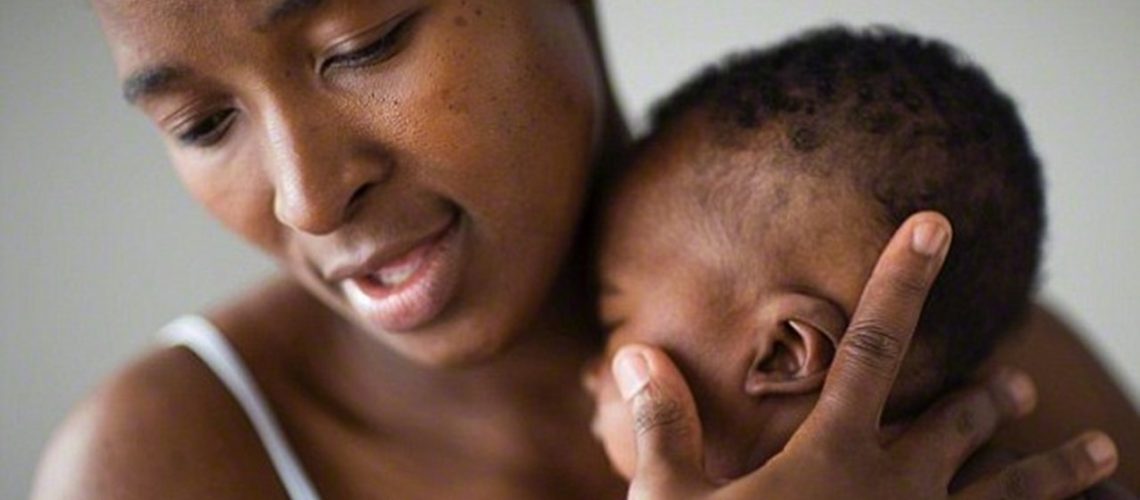By Ohara Kydd – Good Night Consultant
In the weeks leading up to the birth of my daughter, I remember waking multiple times a night due to being uncomfortable and all those bathroom breaks! I was thinking this was my body’s way of preparing me for waking through the night to care for my baby— and would get filled with a sense of excitement and also dread.
Although my little one was premature, she was a good sleeper (by newborn standards), I still however never got more than a few hours of sleep at a time. I was physically exhausted, but the emotional roller-coaster was worse.
I was constantly anxious, having panic attacks, I was distraught because I felt like my life had been unequivocally changed and that I’d never get it back. I cried every day, but could rarely explain why. I was not the mother she needed, I was not coping, I was failing her, myself and my husband. Why could I not rejoice and marvel at the child I had always longed for? At the time I put this down to the baby blues that I knew was very common after having a baby.
But weeks turned into months and the feelings stayed and so did my desperation, I was lost and I did not think I would ever find my way back. I had to reach rock bottom before I realized that I needed help that this was not “normal”. My baby blues had turned into full-blown depression, I knew I had to do something! So I got help, and it was not easy finding my way back.
During my journey, there were a few things that helped me find myself again.
Get help: Any kind of depression should be seen like any other illness, for example: diabetes. No one will ever tell you to just sort yourself out if you were a diabetic and it is the same with depression. It needs intervention from medical professionals South African Depression and Anxiety Group (sadag.org).
Make time for yourself: relax and take a break from your little one. Do something that makes you feel good.
Share what you are feeling: Having someone just listen to how you are feeling can help you work through how you feel in a safe place.
Have a support system: support will play a big part in recovery make sure they know how you’d like to be supported. Very often it is our instinct to take on everything. Allowing others to help can reduce your stress.
Make time for friends and family. Spending time with those you love increases your “feel good” brain chemicals.
Make meals a priority. The foods you eat can affect your mood. Keep blood sugars stable and ensure you continue to take your postnatal vitamins.
Get out and about: going outside in the fresh air and slowly introducing some exercise. It can give you some perspective and time for your body and brain to have a breather.
Join a group for mothers. Chatting to others who are experiencing similar struggles can be reassuring and it is also a good social outlet.
Get some sleep: A good night’s sleep. This was one of the biggest factors for me. When I started sleeping more, I notice a huge difference in not only my mood but in my child.
At the time I did not realize how sleep and your mood are extremely closely related and mounting evidence suggests that the fewer hours sleep you get, the more likely you are to have a mood disorder like postpartum depression. A recent study shows that only 10% of parents get an average of 7 or more hours of sleep a night! This suggests we are at risk of creating an issue not only for us but for our children who need more sleep than we do!
If you suspect how you are feeling is more than just crazy post-baby hormones, please reach out for help, you do not have to continue to struggle in silence, you are not alone and there is help available!
#sleeptraining

